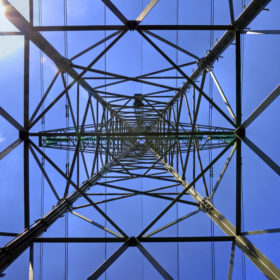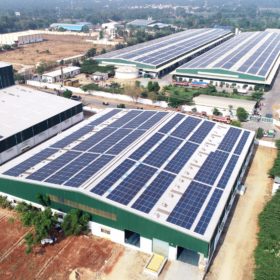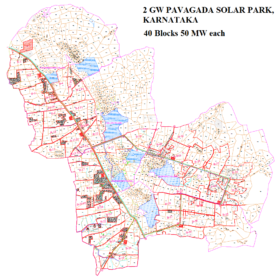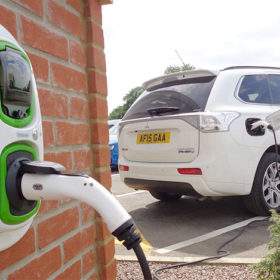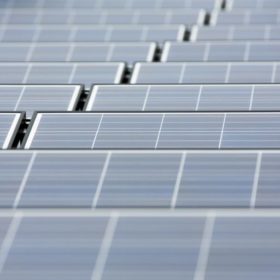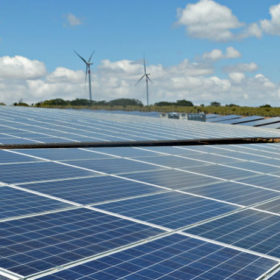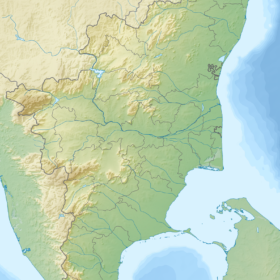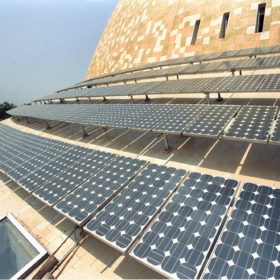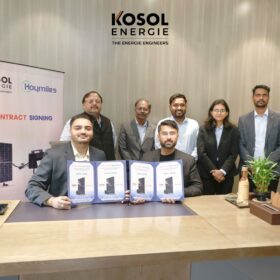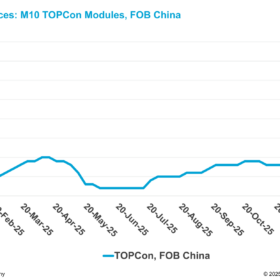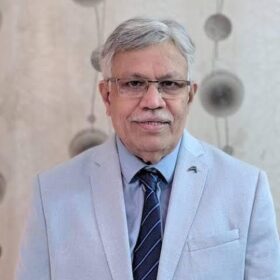Power-surplus Karnataka state says no to new solar
India’s leading solar region has been forced to apply the brakes to new solar with its power distribution companies having fulfilled their renewable purchase obligations for the next two years. Projects driven by federal agencies will continue, however.
Orb Energy begins third phase of one of India’s largest multi-site PV rooftops
The solar manufacturer is installing three rooftop systems in Karnataka and Tamil Nadu for polypropylene woven fabric maker Klene Paks. The units will have a cumulative capacity of 7.63 MW.
ReNew Power commissions 300 MW solar plant in Pavagada Solar Park
The 300 MW solar plant at the Pavagada Solar Park, located in Tumkur district of Karnataka, is ReNew Power’s largest solar plant commissioned in terms of capacity till date. It is said to be the first utility-scale solar plant in India to use high-efficiency mono PERC solar modules.
Change in form of Indian power purchase agreements may occur, says UK developer
The chief executive of Britain’s Proinso suggested slashing the length of power supply contracts from 25 to just five years could be a significant setback for Indian solar, and said the solution could be a hybrid agreement incorporating fixed and spot prices.
Andhra Pradesh regulator considers five-year PPAs
Hard-up distribution companies say they are not reaping the benefits of falling renewable energy generation costs because 25-year deals tie them to paying power prices which now appear unjustifiably high.
Electric vehicles off to a good start in 2019
Following Tamil Nadu’s plans to purchase 2000 electric buses, Karnataka aims to convert half the government vehicles in Bengaluru to electric by 2019 end. Further, Delhi has allocated Rs 100 crore to electric vehicles in its budget for 2019-20.
A solar decade: From 9 MW to 28 GW
There is widespread doubt about whether India can achieve its 100 GW solar target by 2022 but, having started from a base of only 9 MW of capacity 10 years ago, it would be foolish to write off the prospects of this solar superpower.
Adani Green wins 390 MW hybrid renewable project
The facility is expected to have solar generation capacity of 360 MW and wind capacity of 100 MW, said the company in a financial update.
NLC prepares way for 1 GW of solar in Tamil Nadu
State-owned NLC India Ltd – formerly the Neyveli Lignite Corporation – has signed a memorandum of understanding with the government of Tamil Nadu to set up a 1 GW solar project in the state.
Renewable capacity in India set to jump by 50% in 2019
India is set to add renewable energy capacity of 15,860 MW in 2019, a leap of 50% on the 10,560 MW installed last year. Around 70% – 10,902 MW – of the new capacity will come from utility-scale solar projects, according to Bridge To India analysts.
